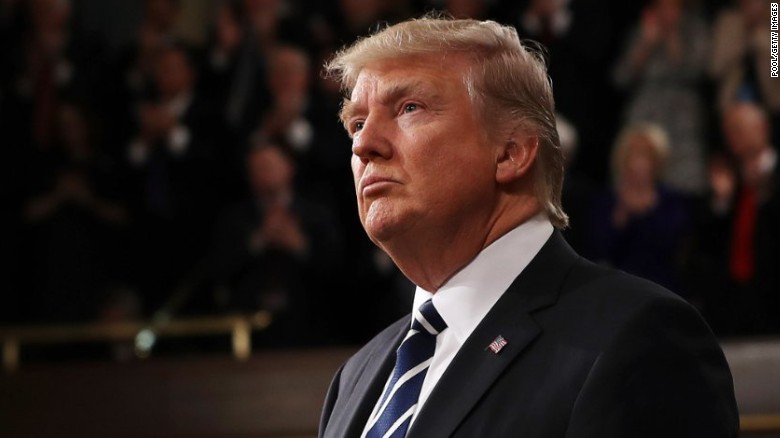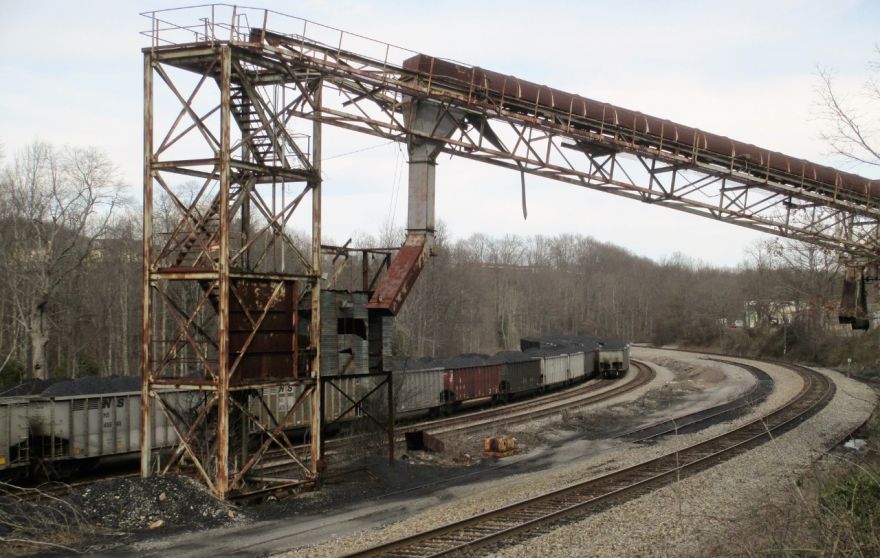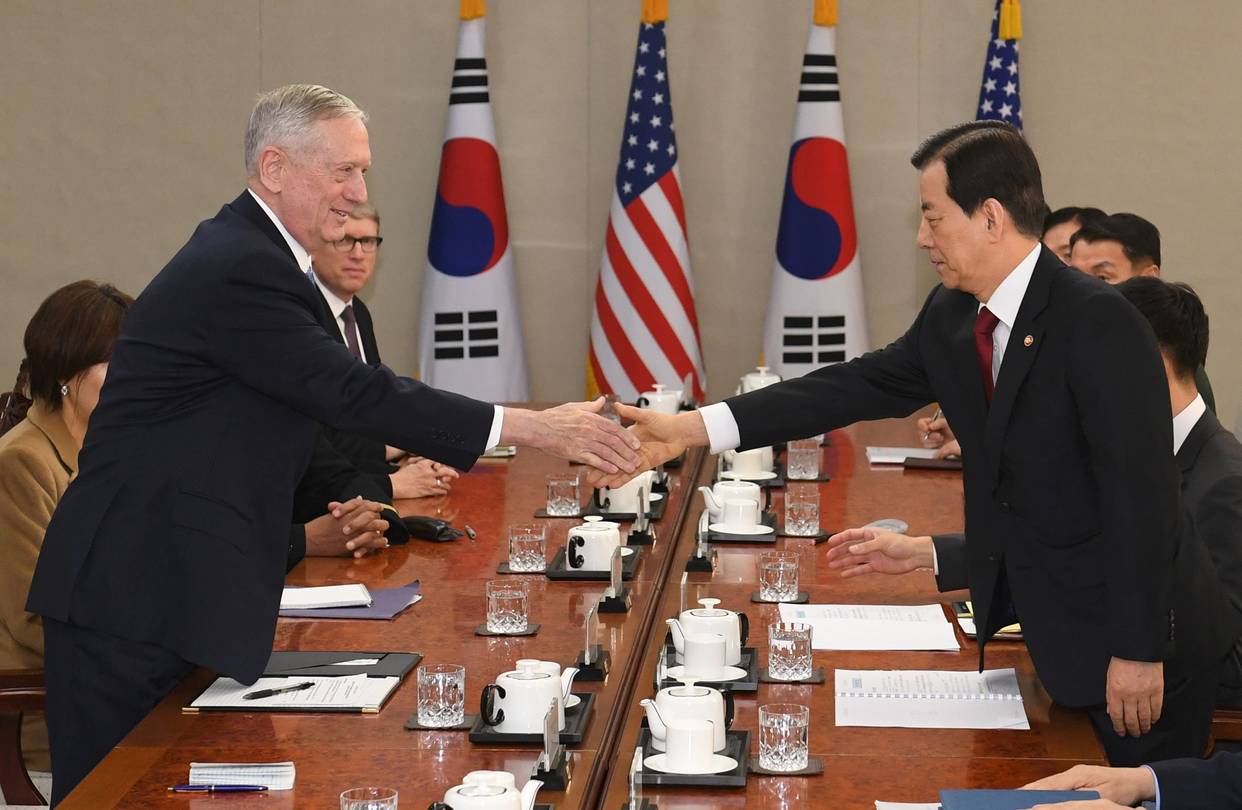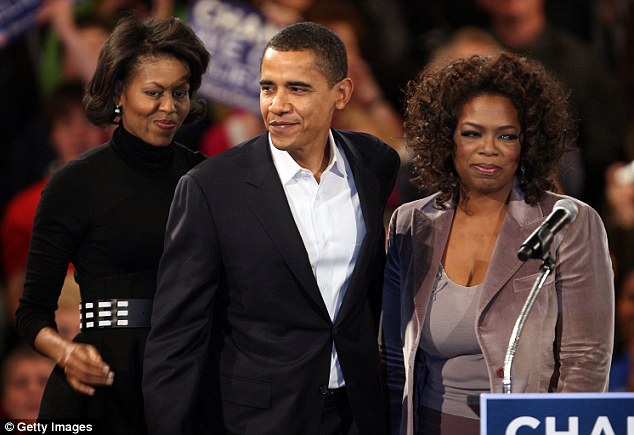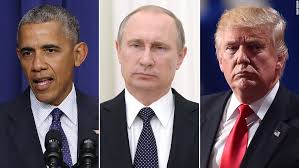
We now have the details on Jeff Sessions’ first meeting with the Russian ambassador in 2016. It turns out the Senator spoke to the Russian ambassador on the invitation of the Obama Administration. Fox News reports:
The first came at a conference on “Global Partners in Diplomacy,” where Sessions was the keynote speaker. Sponsored by the U.S. State Department, The Heritage Foundation, and several other organizations, it was held in Cleveland during the Republican National Convention.
The conference was an educational program for ambassadors invited by the Obama State Department to observe the convention. The Obama State Department handled all of the coordination with ambassadors and their staff, of which there were about 100 at the conference.
Apparently, after Sessions finished speaking, a small group of ambassadors—including the Russian ambassador—approached the senator as he left the stage and thanked him for his remarks. That’s the first “meeting.” And it’s hardly an occasion—much less a venue—in when a conspiracy to “interfere” with the November election could be hatched.
So wait a minute — the Obama Administration set this up and the New York Times reports it is Obama administration staffers who are working to push out all the Russia information being used against Donald Trump and his administration.
Coincidence?
Obama Administration Officials Set Up Jeff Sessions’ Meeting With the Russian Ambassador

